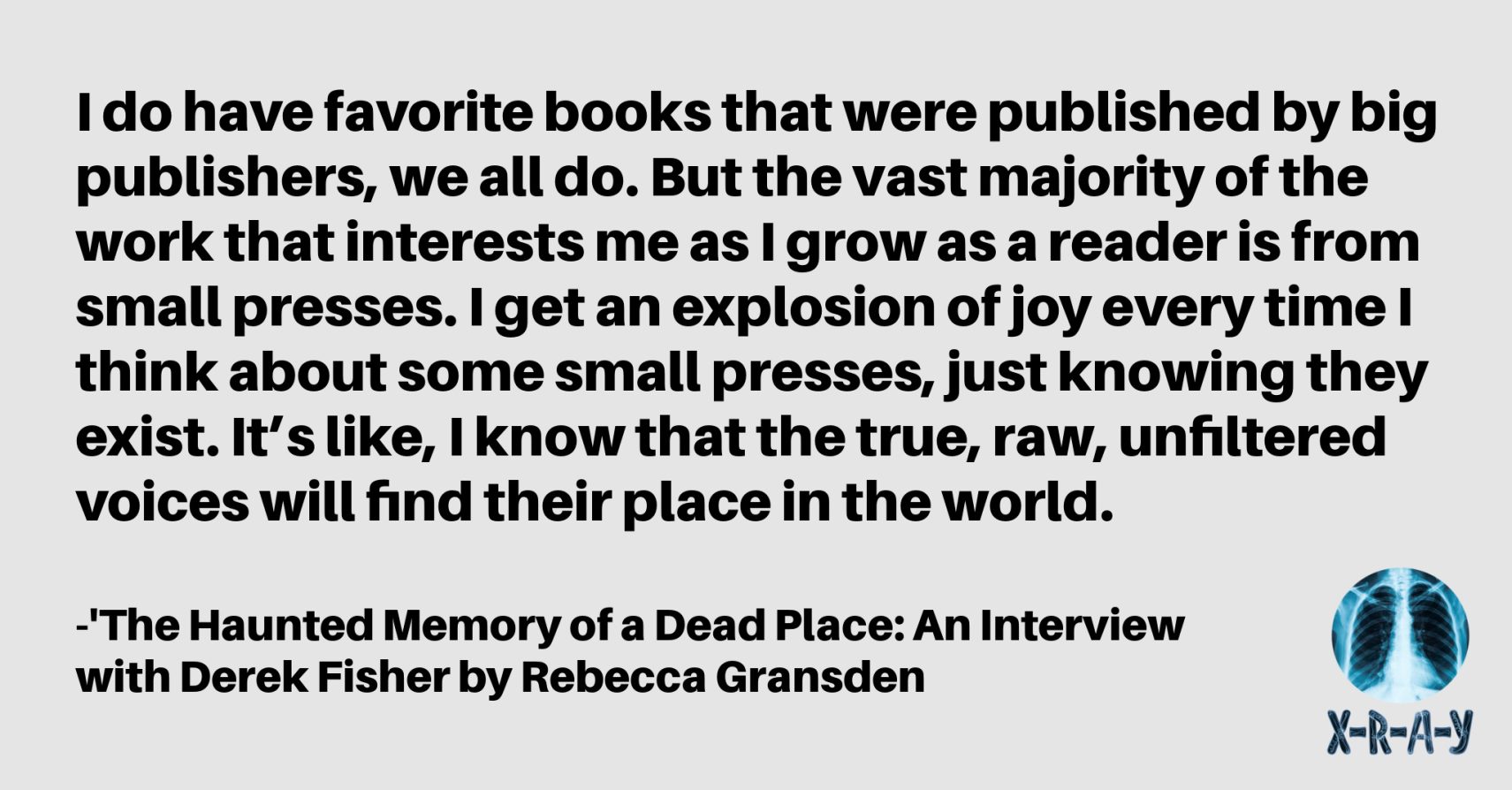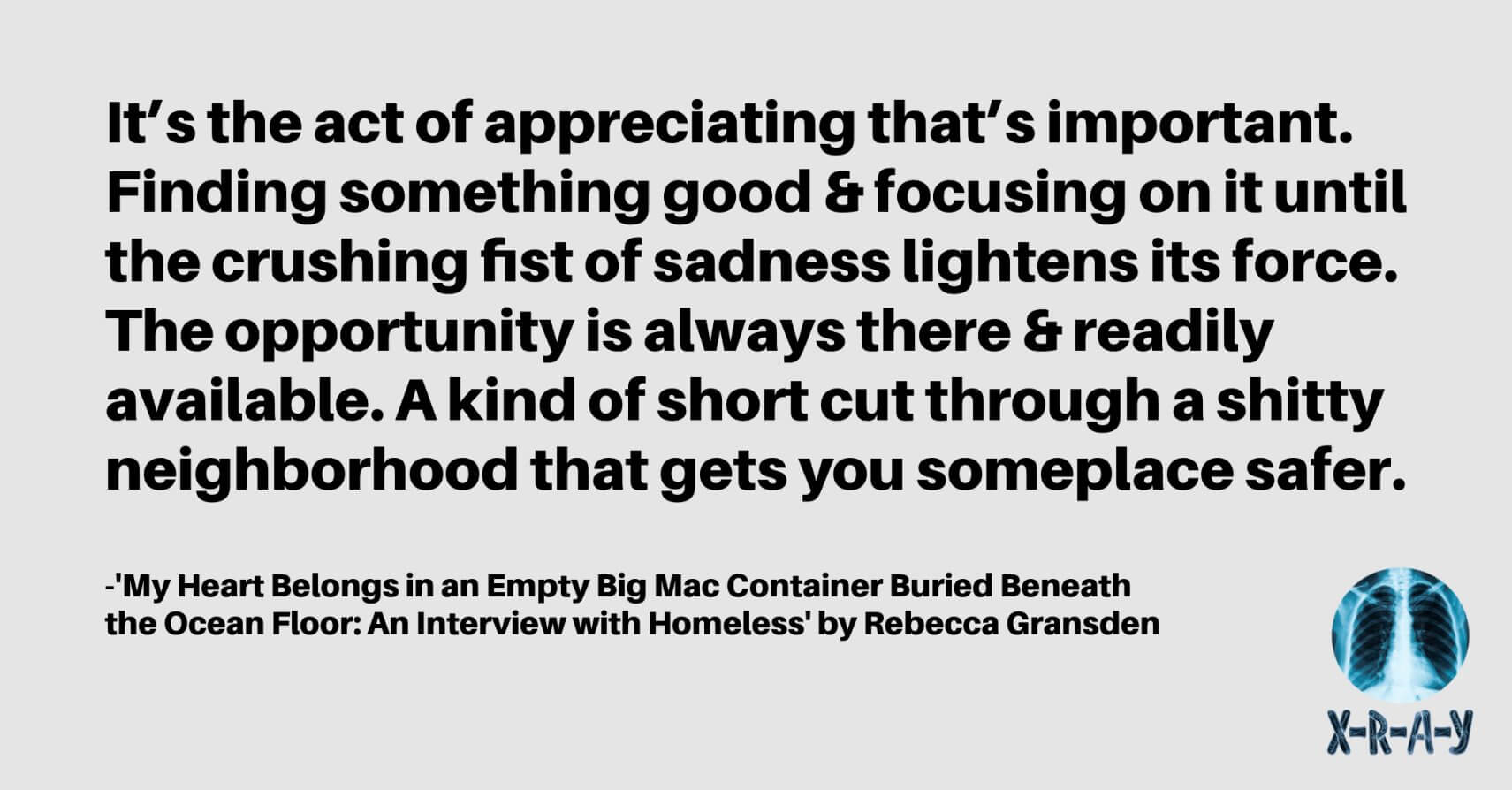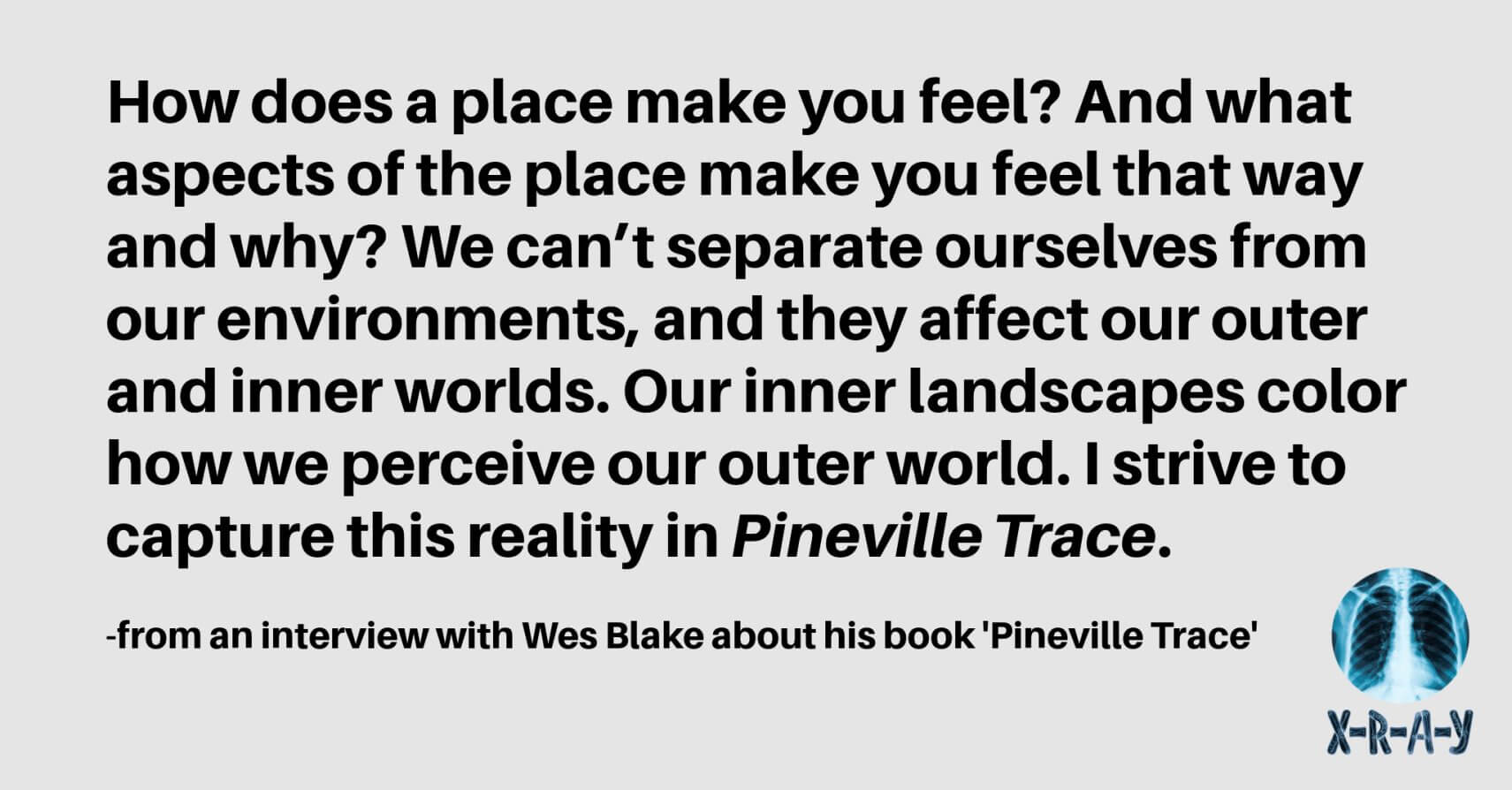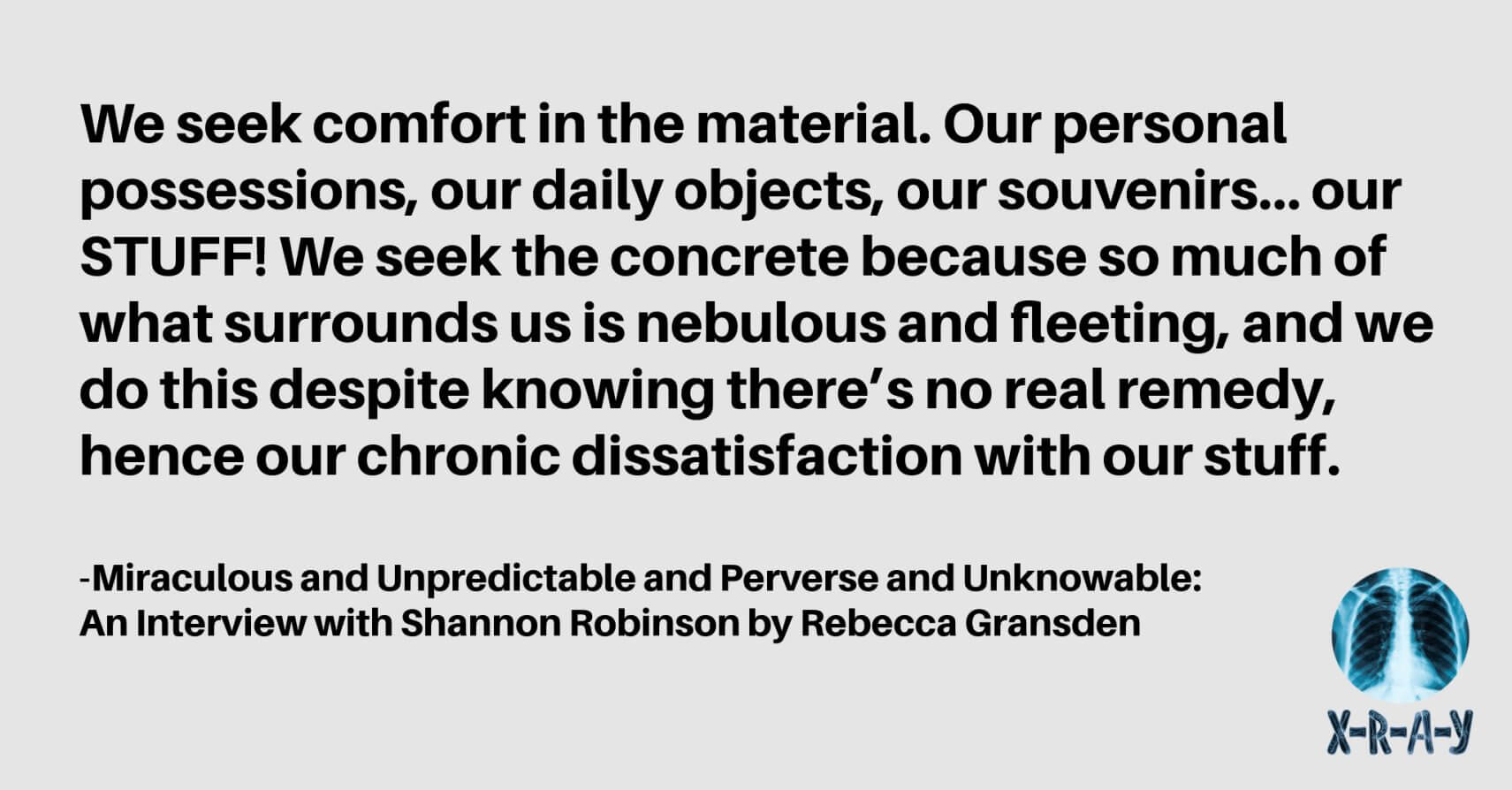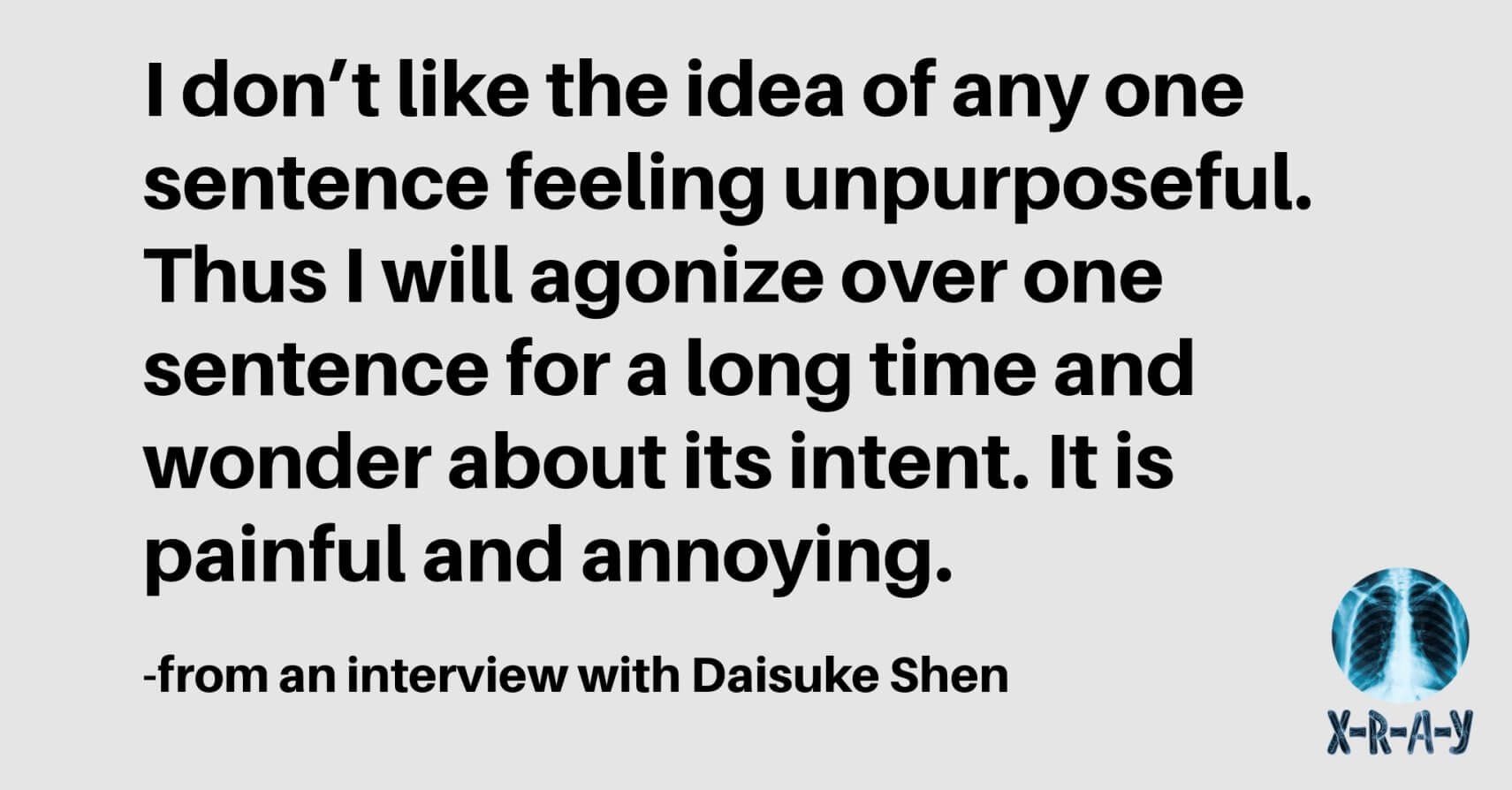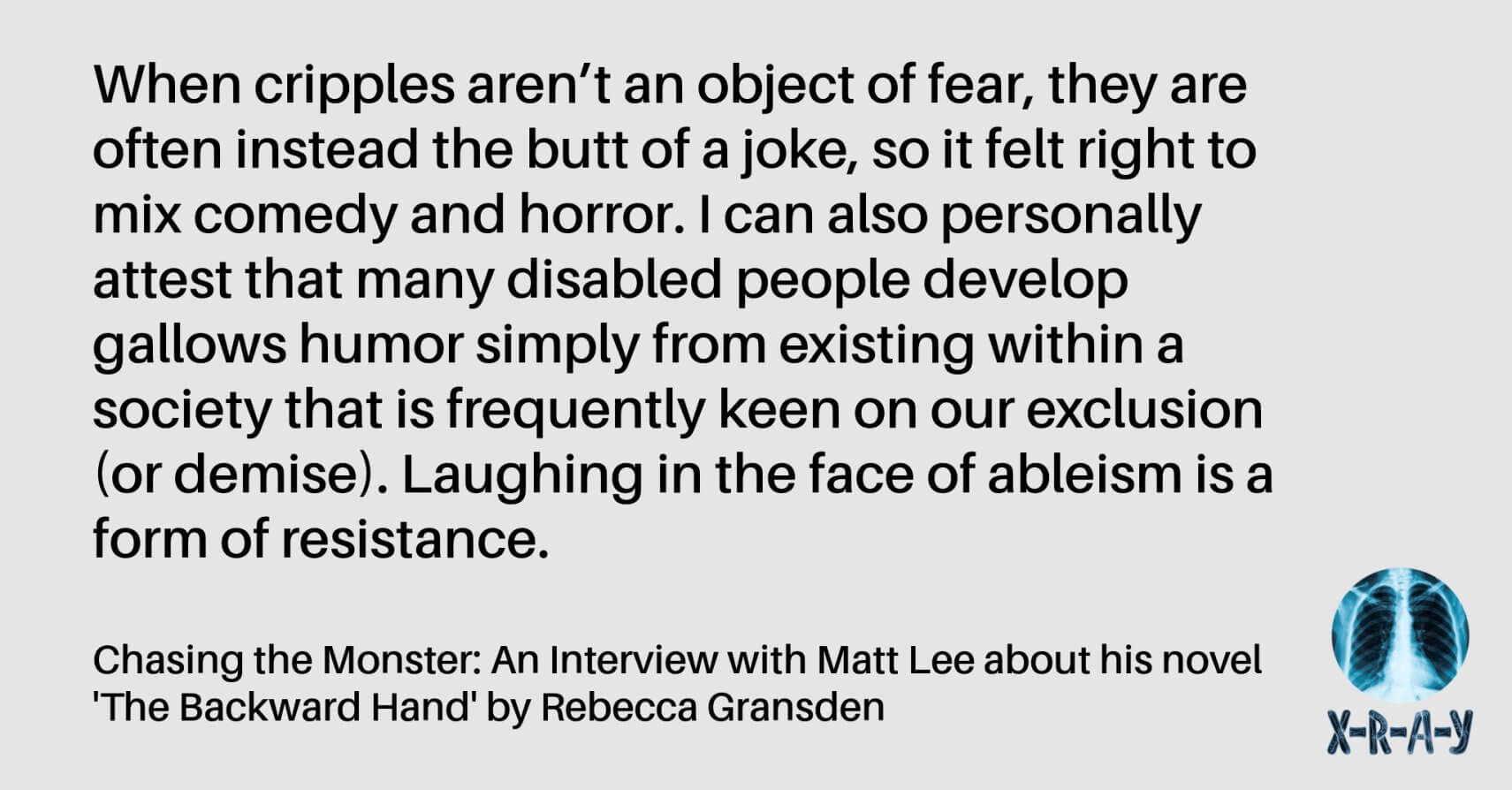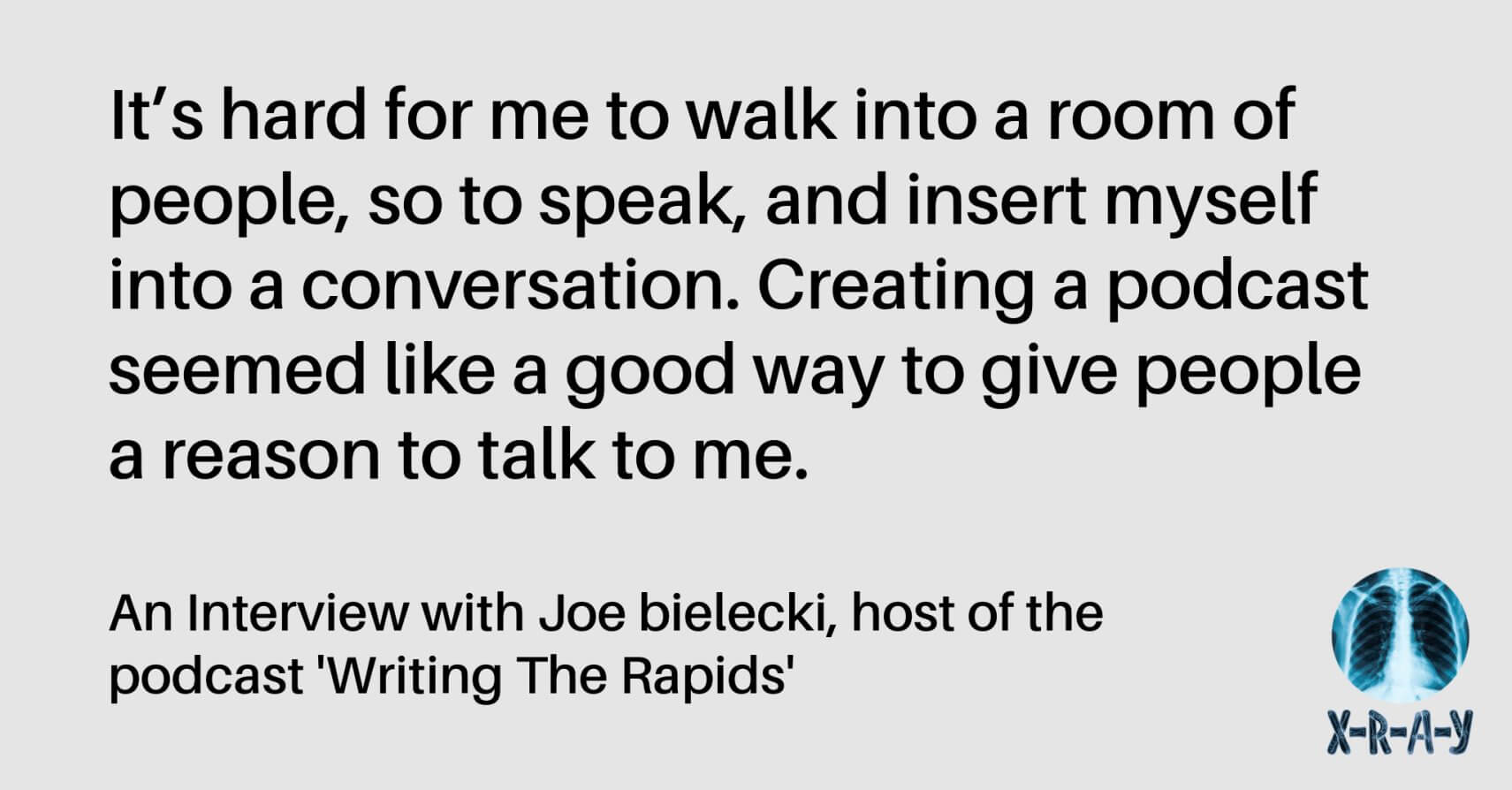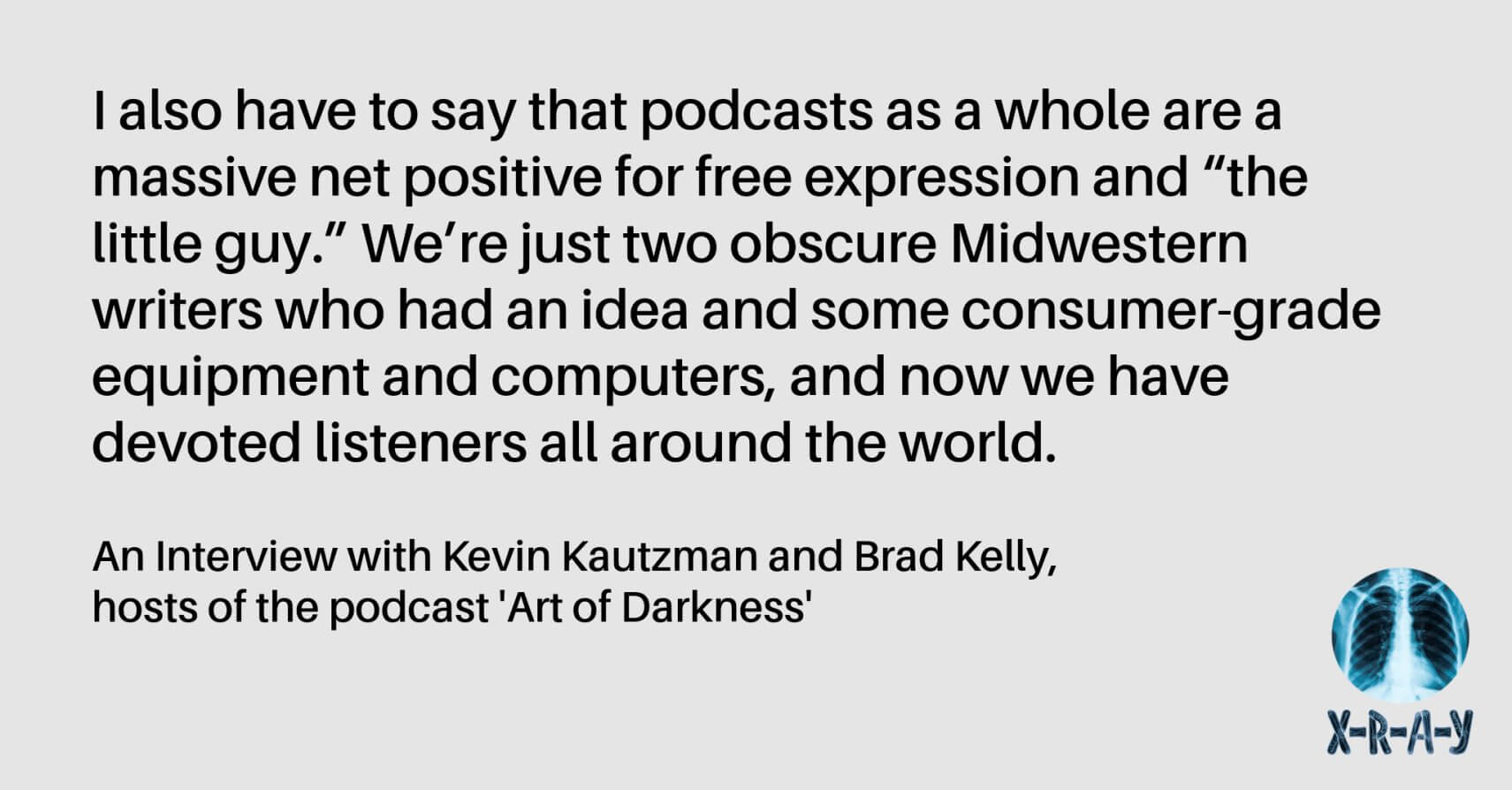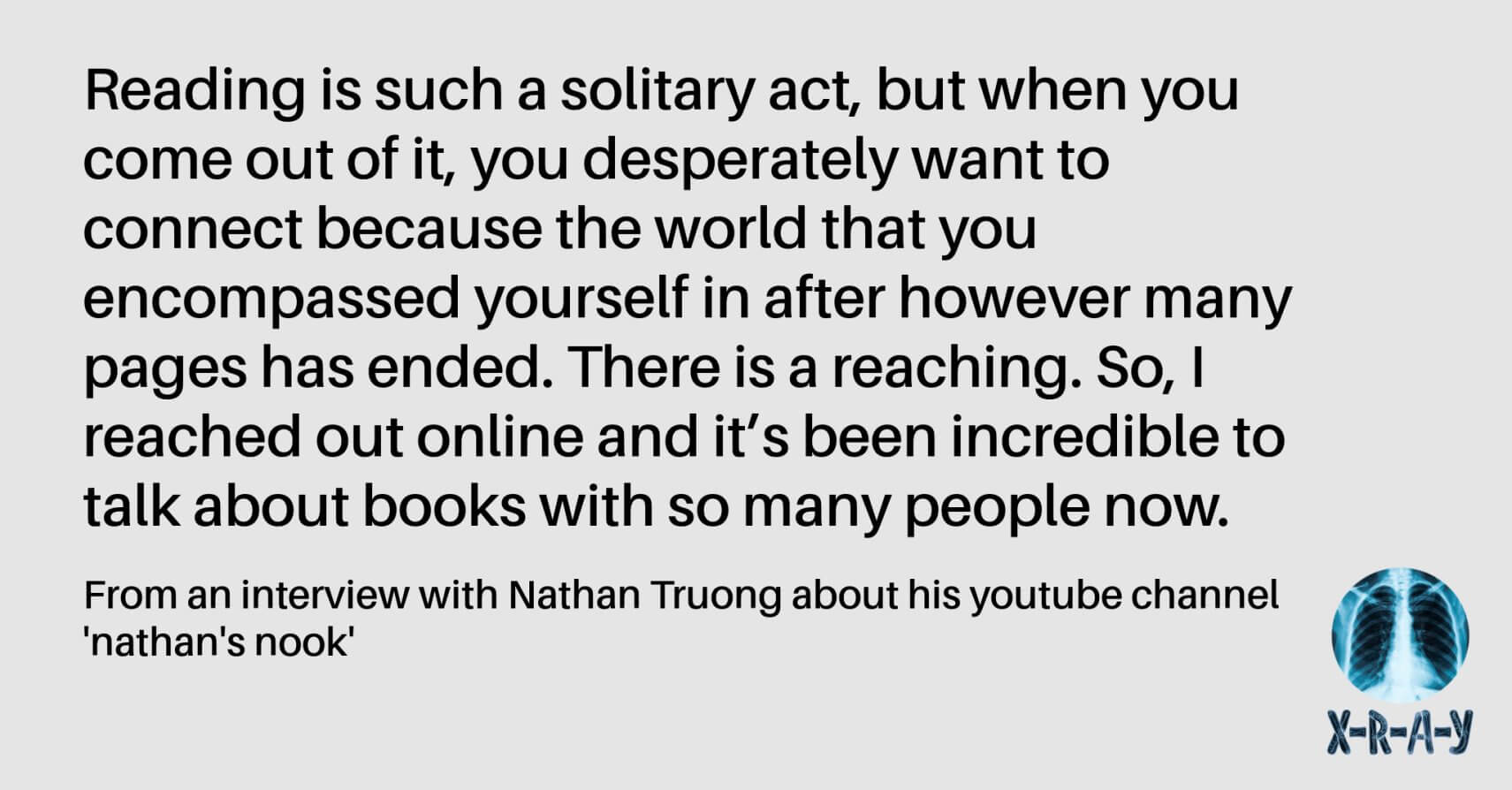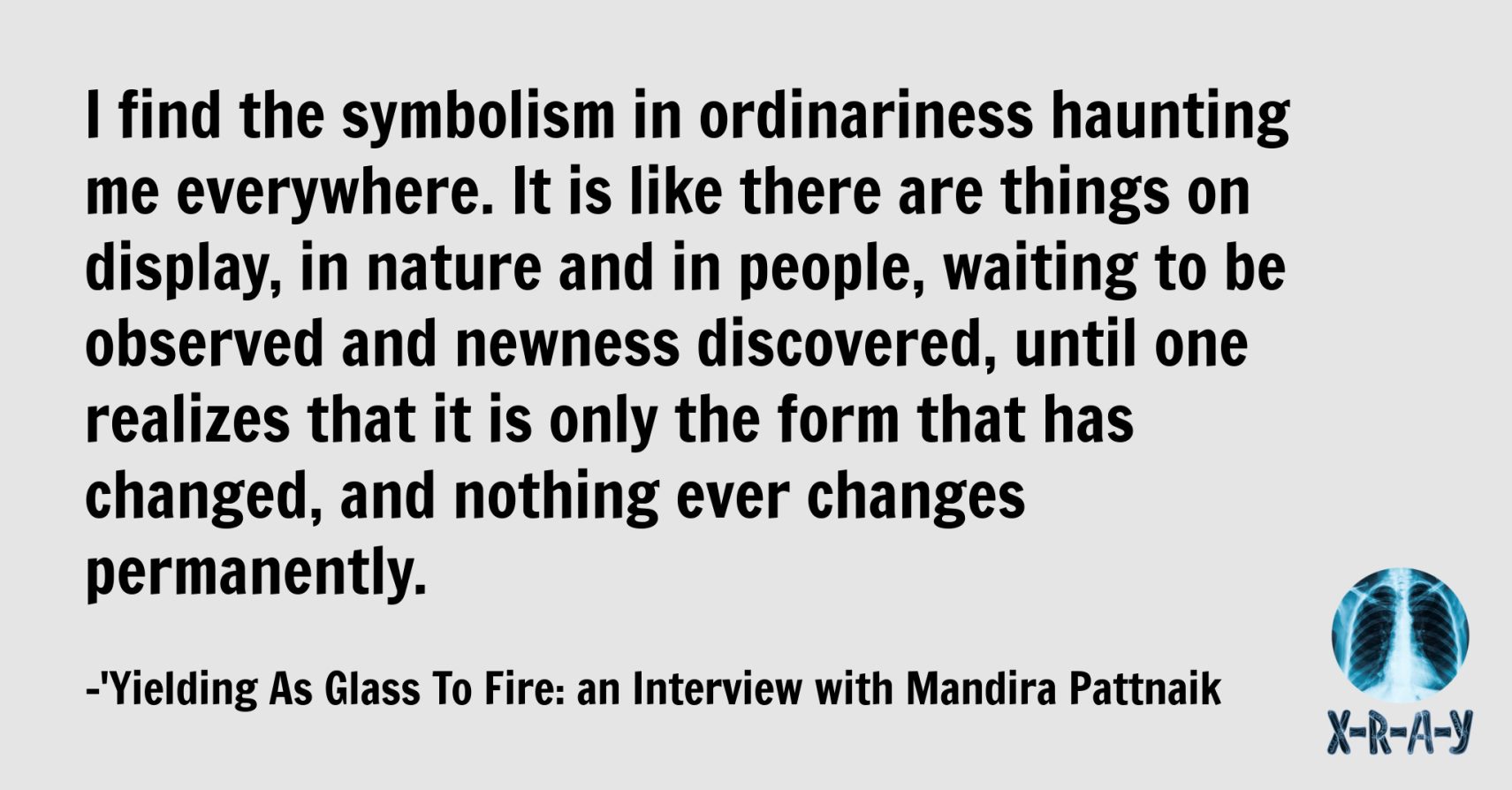
YIELDING AS GLASS YIELDS TO FIRE: AN INTERVIEW WITH MANDIRA PATTNAIK by Rebecca Gransden
Shifting states. The novel-in-flash Glass/Fire (Querencia Press, 2024) exhibits the unfolding travails of girlhood, a reality adorned in rich contradiction and symbolism. Mandira Pattnaik’s sumptuous language carries forth a deep and sensuous meditation on life’s volatility. The wildness of nature’s forces at their most capricious lend an elemental intensity to fate. A dynamic and revealing exploration of growth, I talked to the author about the book. Rebecca Gransden: In the mood we were in, fire could be liquid, could be sand, or molten like lava, or flames, licking the last of us. You open the book with the above line….

